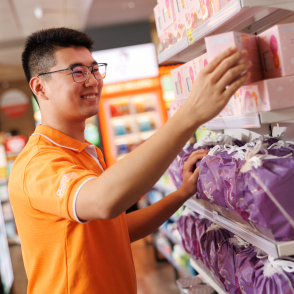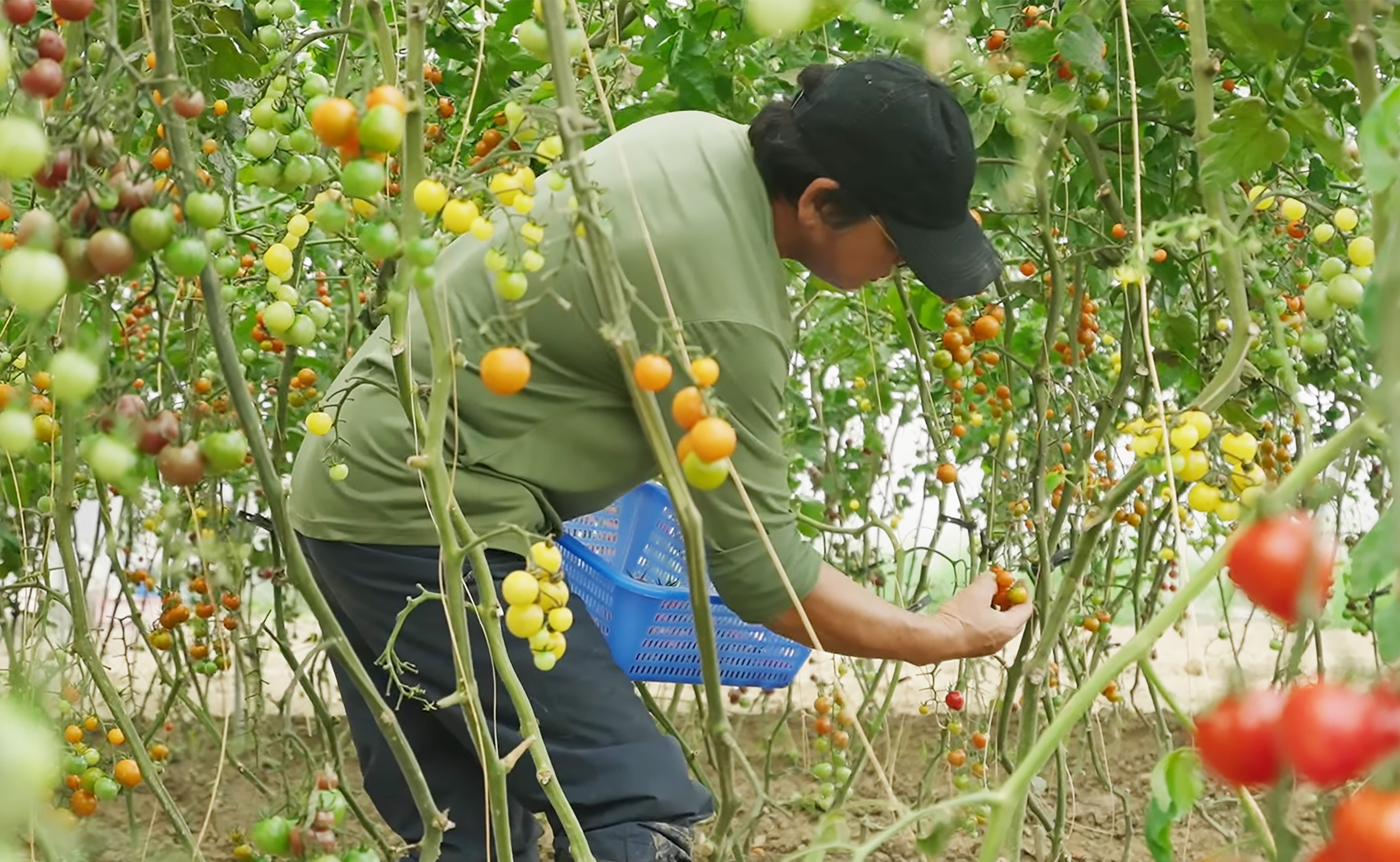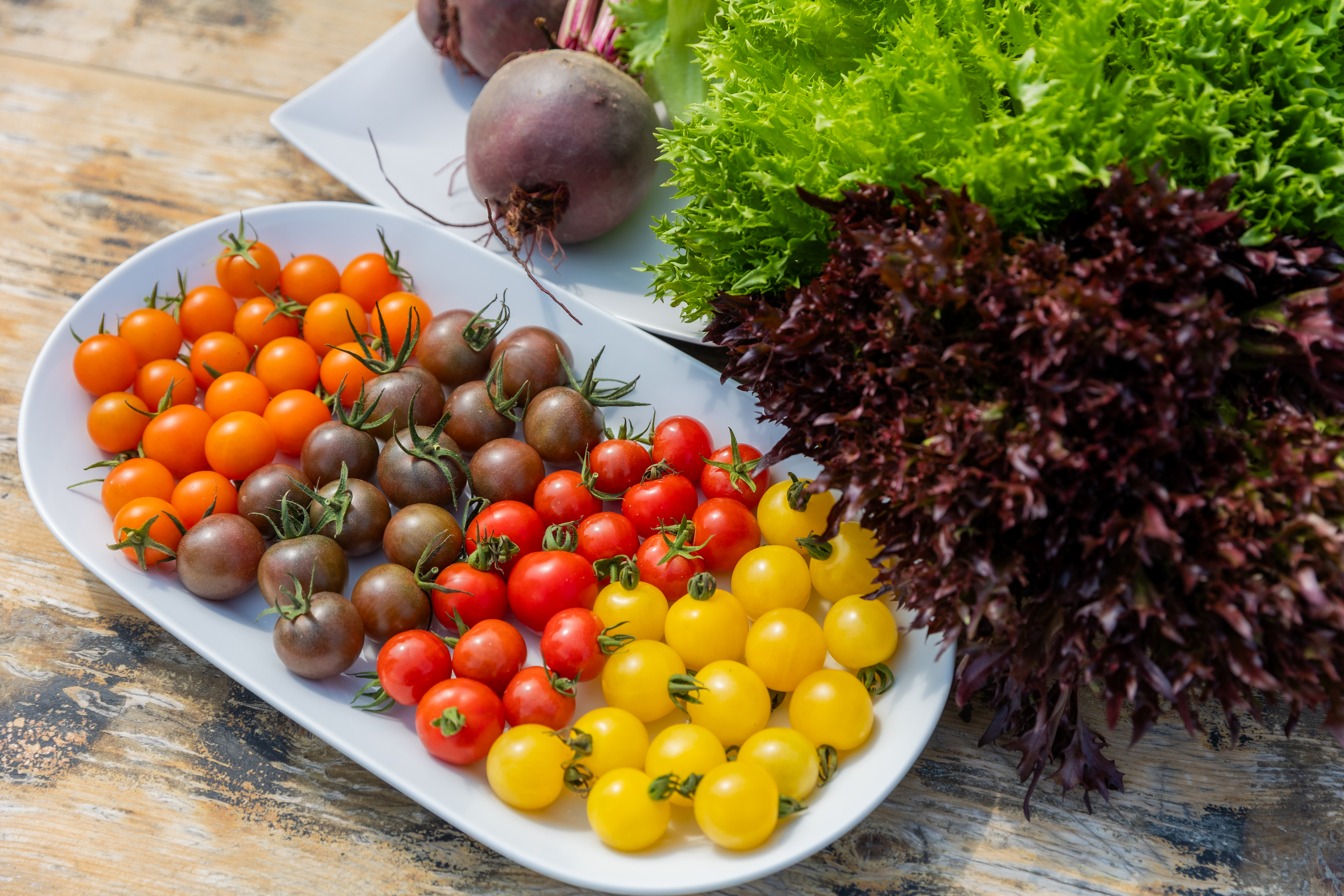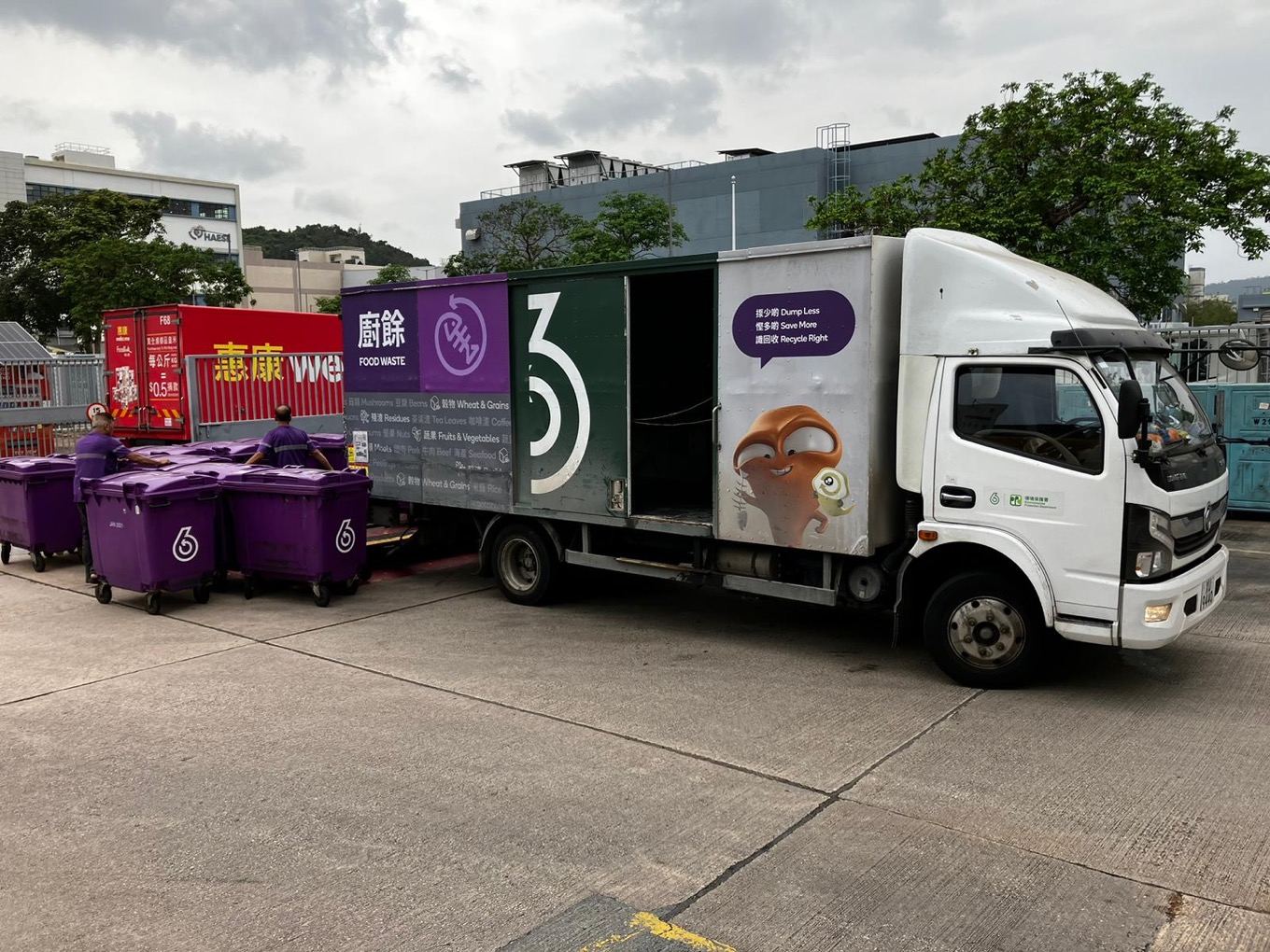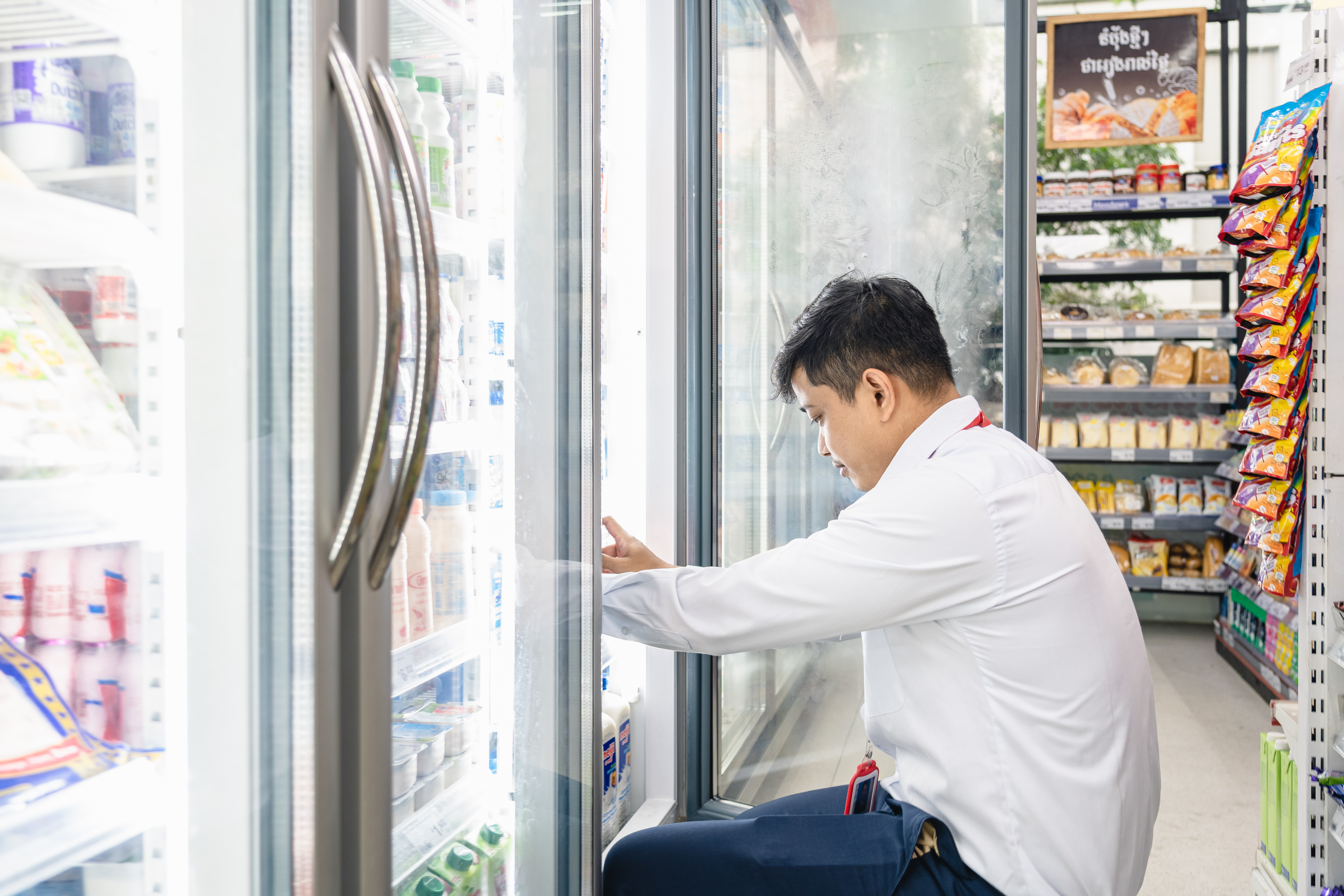Maxim's Group: Maxim's Group Utilizes Pre-consumed Food Waste to Promotes Circular Economy and Healthy Dining
Maxim’s Group collaborates with Hung Yat Farm to reduce food waste and promote sustainable practices through “WeGen farming”. This initiative transforms pre-consumed food waste into enzymes. These enzymes are then used to grow crops without using pesticides and chemical fertilizers. The resulting high quality and healthy produce is supplied to nearly 70 of the Group’s restaurants, integrating circular economy practices into everyday customer experiences.
The enzymes are derived from a variety of pre-consumed food waste, including mango peels, soy pulp, salmon bones, coffee grounds, and eggshells collected from Maxim's Group. This innovative approach offers a green alternative that enhances soil nutrition, prevents pests, and produces farm goods free from pesticide and chemical fertilizers.
Hung Yat Farm employs crop rotation strategies that improve soil quality and carbon sequestration while also protecting biodiversity. This closed-loop system ensures that the produce served in the Group’s restaurants is not only of high-quality but also embodies the natural nutrition and flavours of WeGen crops. This practice significantly reduces carbon emissions associated with the production and transportation of food.
The supply of pre-consumed food waste is projected to reach 30 metric tons in 2024, alongside an anticipated crop yield of 20 metric tons within the same year, spanning over 10 different types of crops.
Wegen farming has been recognized as an industry best practice in the "A Practical Guidebook to a Circular Economy: Collaborating with Value Chain Partners for a Resilient Business", published by the HKU Centre for Civil Society and Governance in 2023. This guidebook serves as a critical resource, helping industry practitioners in advancing their sustainability efforts.

